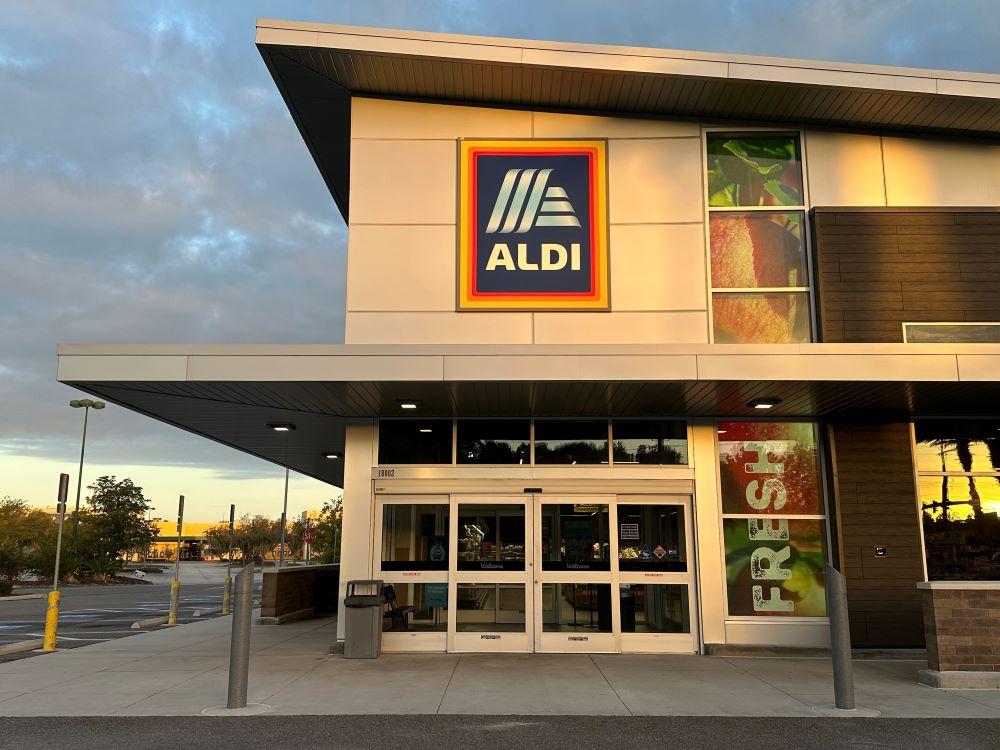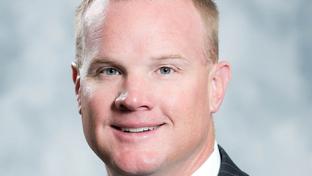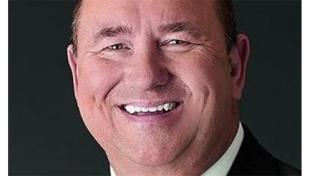THE FRIDAY 5: ALDI Plans Massive Growth; Target Unveils Paid Membership
Welcome to The Friday 5, Progressive Grocer’s weekly roundup of the top news and trends in the food retail industry. Each Friday, we’ll take a look at the stories that are most important to our readers and also keep tabs on the trends that are poised to impact grocers.
1. ALDI Shares Expansion Plans
News of ALDI’s ambitious growth plans following the recently announced successful completion of its Southeastern Grocers acquisition garnered the most clicks from PG readers this week. The discount grocer says it will open 800 new stores by the end of 2028, which will encompass both organic growth and store conversions.
The acquisition of Southeastern Grocers and its Winn-Dixie and Harveys Supermarket banners is expected to drive significant growth for ALDI in the Southeast over the next few years. Beginning this summer, ALDI will begin a phased approach to converting stores, and anticipates that approximately 50 locations will begin the conversion process during the second half of this year.
2. Kroger, Albertsons Ready for Legal Battle
While the potential merger between The Kroger Co. and Albertsons Cos. hit a snag last week when the FTC filed suit against the two companies, an analyst from S&P Global Ratings told PG that he believes the grocers are “ready and willing to go to the mat” to fight for the merger.
According to Pablo Garces, retail director and primary credit analyst for S&P, the financial services company expected that the FTC would make a move against the merger, especially considering the vocal opposition to it from myriad organizations. Kroger and Albertsons also seemed to be ready for the legal action, having told Bloomberg in May 2023 that the two companies agreed in advance to commit to litigation.
S&P found that Kroger stands to benefit if the merger is merely delayed, since it could ultimately reduce its financing package. If the merger does not go through, Kroger would still hold its place as a leading grocer, but will continue to face familiar competitive threats from both grocers and e-commerce players.
3. Target Finally Unveils Paid Membership Program
After much speculation, readers were interested in news that Target will roll out a paid membership program starting April 7. The initiative, dubbed Target Circle 360, will offer unlimited same-day delivery in as little as one hour, and will be available for a promotional price of $49 per year, with the annual price rising to $99 after May 18.
The program will go toe to toe with Kroger Boost, Walmart+ and Amazon Prime, among others. Meanwhile, digital business improvement, growth in Drive Up sales and increased foot traffic all helped Target boost sales during its Q4 and FY23, highlighting what the retailer calls a rally to change its business momentum.
4. News From the CPG Front
CPG news made waves this week, especially as the CEO of WK Kellogg caused outrage over his “cereal for dinner” comments. During an interview with CNBC, Gary Pilnick suggested that inflation-weary families should eat cereal for dinner, a move that didn’t go over well with consumers, as many struggle to pay the high food prices at grocery stores. According to MarketWatch, outraged consumers pointed out that the cereal and snack company had raised its own prices in recent years and called for a three-month boycott of Kellogg’s products.
Meanwhile, PepsiCo went big for the first global redesign of the Pepsi brand in 14 years. The company launched digital installations above major landmarks around the world, including The O2 arena in London and the Nile River in Egypt. In some areas, the displays were accompanied by light shows.
Potential new legislation to combat shrinkflation also garnered a bevy of clicks this week. A bill was introduced calling for the FTC to issue regulations to establish shrinkflation as an “unfair or deceptive act or practice.” Otherwise known as the Shrinkflation Prevention Act, the legislation proposed on Feb. 28 authorizes the FTC and state attorneys general to pursue civil actions against companies viewed as engaging in the practice of downsizing products but selling them at the same or similar price.
5. Whole Foods Goes Small
Whole Foods Market unveiled plans this week to expand its small-format store footprint. Ranging from 7,000-14,000 square feet, the quick-shop stores are about a quarter to half the footprint of the average 40,000-square-foot Whole Foods store. The first of these stores will open this year on the Upper East Side in Manhattan, with additional locations in New York City and elsewhere in the United States to follow.
In an interview with PG Editor-in-Chief Gina Acosta, Christina Minardi, EVP growth and development for Whole Foods Market and Amazon, said the new store format is designed to provide customers in urban neighborhoods a quick, convenient shopping experience with easier access to the fresh, elevated offerings they expect from the grocer.








